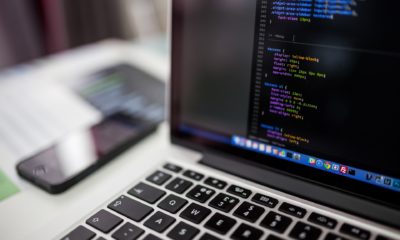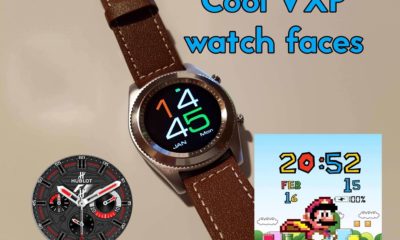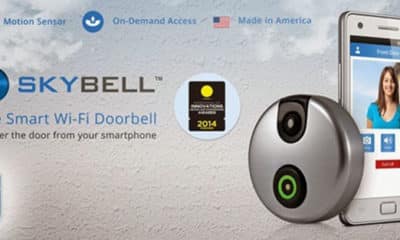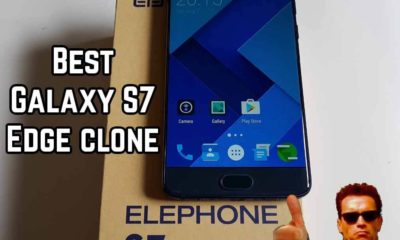Computer
What to Wipe MacBook Screen With for Optimal Care?
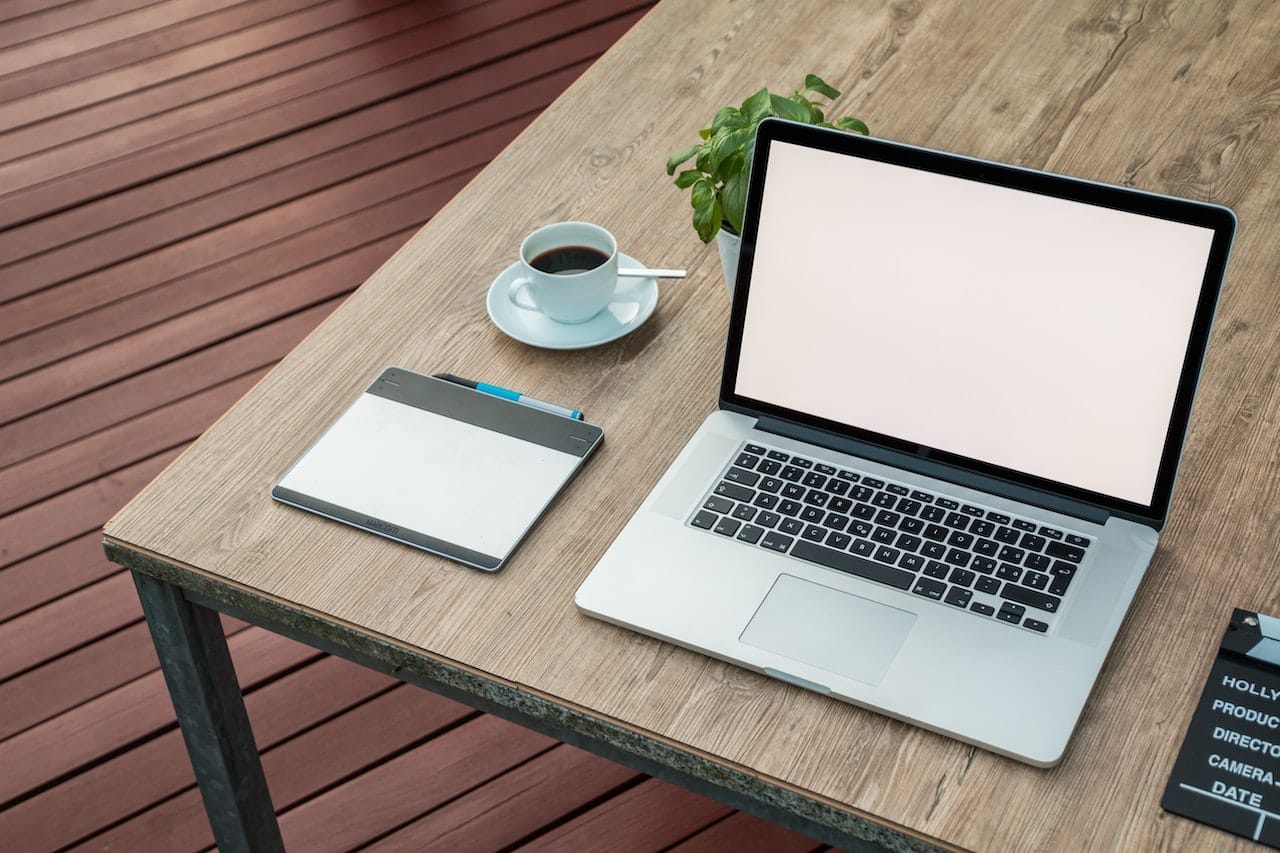
As the sleek interface of your Apple device, your MacBook’s screen is the window into the world of computing, entertainment, and online interactions. It is the main point of user interaction and thus, it is important to keep it clean and clear. But the question arises, what to wipe MacBook screen with to ensure optimal care? This article seeks to provide an in-depth guide on this subject.
Understanding Your MacBook Screen
The MacBook screen, though sturdy, is sensitive and requires careful handling. It is composed of different layers: the outer layer, the liquid crystal display (LCD), and the backlight. The outer layer is usually a thin piece of glass, with some models featuring a coating for anti-reflective purposes.
Cleaning the MacBook screen isn’t merely a matter of aesthetics, but also affects its functionality and longevity. Dirt, grime, and fingerprints can hamper visibility and may also seep into the crevices, damaging the screen over time. Proper cleaning also helps to maintain the anti-reflective coating, ensuring that you get the best view for your digital tasks.
While the construction of the MacBook screen suggests durability, its components are sensitive and susceptible to damage. Therefore, cleaning it requires not just attention but also the right materials and techniques. But before we delve into what you should use, it’s critical to understand what not to use.
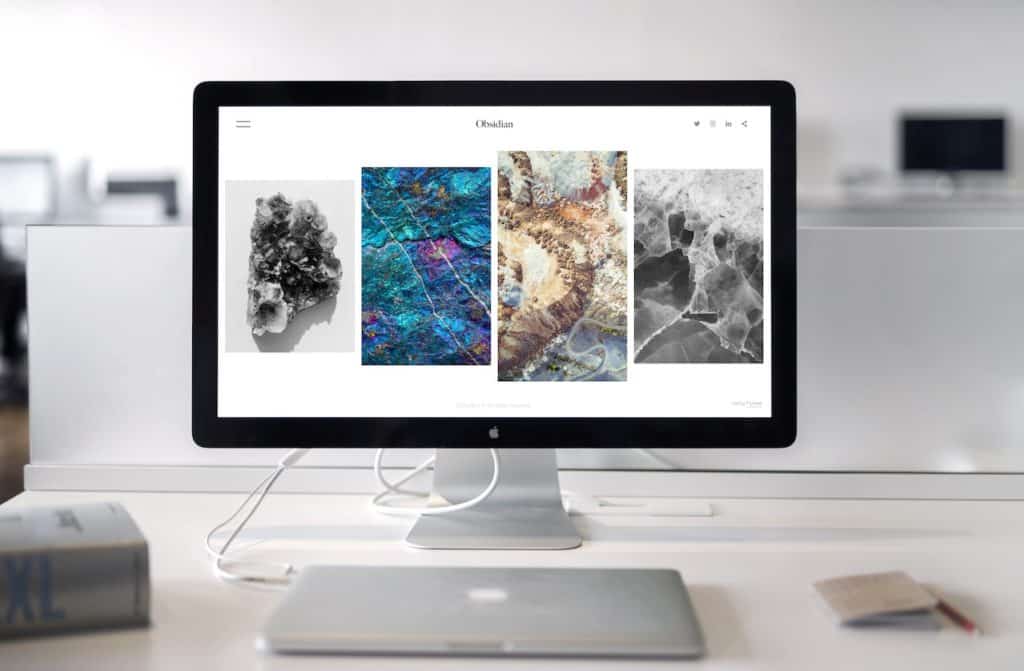
What Not to Use When Cleaning Your MacBook Screen
One might think that any household cleaning material could be used to wipe the MacBook screen. However, some materials and substances can cause more harm than good. They include:
- Abrasive cloths: Rough fabrics such as dishcloths or towels can scratch the MacBook’s delicate screen or strip off its anti-reflective coating.
- Harsh cleaning solutions: Household cleaners, acetone, window cleaners, or any solution containing ammonia or alcohol can damage the anti-reflective coating on the screen or worse, seep in and harm the internal components.
- Excessive water: While a small amount of distilled water can be used for cleaning, excess water can seep into the machine, potentially damaging the electronics.
These substances and materials are damaging because they can react with the screen’s materials, erode the anti-reflective coating, or result in water damage.
Suitable Cleaning Solutions for Your MacBook Screen
Having established what not to use, let’s discuss the ideal cleaning solutions for your MacBook screen.
Apple recommends using only water for cleaning the screen, but if that is insufficient, a 70 percent isopropyl alcohol (IPA) solution or a 70 percent ethyl alcohol (EtOH) solution can be used. These are mild enough not to damage the screen but effective enough to remove dirt and fingerprints.
When using these solutions, remember:
- Don’t apply the solution directly to the screen: Instead, lightly dampen a cloth with the solution and use that to wipe the screen.
- Use only a small amount: The cloth should be damp, not soaking wet. You don’t want any liquid dripping onto the screen or seeping into the MacBook.
With the right solution chosen, the next step is to pick the right material to wipe your MacBook screen with.
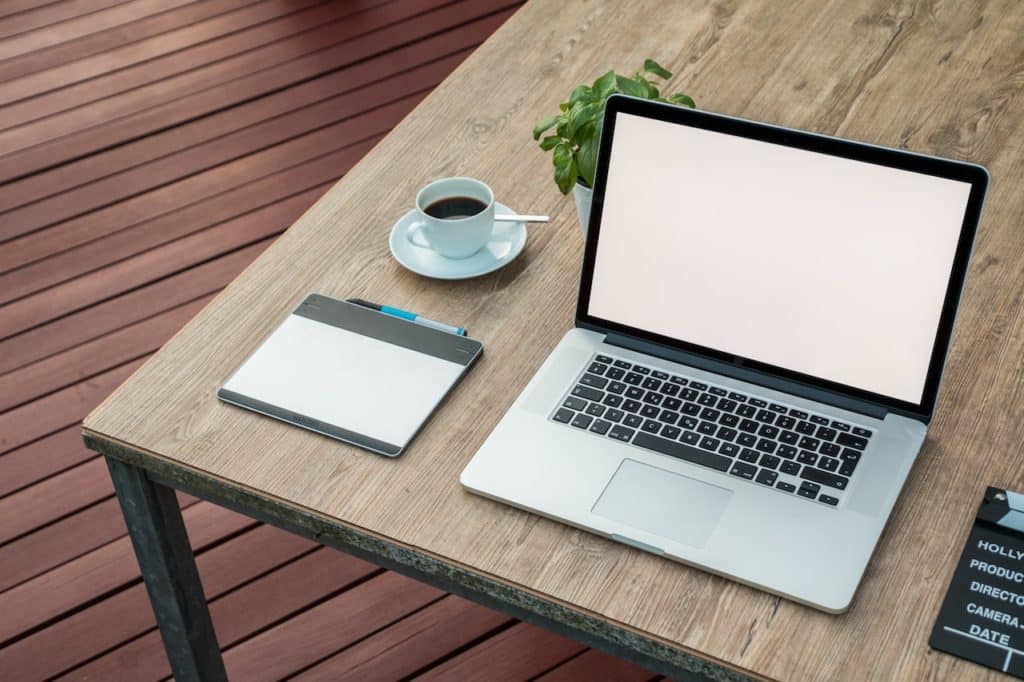
Suitable Materials for Wiping Your MacBook Screen
The material used to wipe your MacBook screen should be soft, non-abrasive, and lint-free. Here are some examples:
- Microfiber cloth: This is the best option for cleaning your MacBook screen. It’s soft, lint-free, and designed to pick up dust and grime without scratching the screen. Apple even includes a small one with each MacBook.
- Soft, lint-free cotton cloth: If you don’t have a microfiber cloth, a soft, lint-free cotton cloth—such as a lens cloth—can be used.
Here’s how to use these materials for cleaning:
- Turn off your MacBook and unplug it from the power source: It’s safer to clean your MacBook when it’s off, and you can see the dirt and smudges better on a black screen.
- Dampen the cloth with the cleaning solution: Remember, the cloth should be damp, not wet.
- Gently wipe the screen in a circular motion: Start from the center and work your way out to the edges.
Best Practices for Cleaning Your MacBook Screen
Now that we’ve identified the right cleaning solutions and materials, let’s delve into the best practices for cleaning your MacBook screen. Here’s a step-by-step guide:
- Turn off your MacBook and disconnect it from the power source: As mentioned earlier, this is a safety measure and also allows you to see the dirt more clearly.
- Remove any particles from the screen: Use a soft brush or a can of compressed air to remove any loose particles. These could scratch the screen when you start wiping.
- Dampen your cloth with the cleaning solution: Remember, don’t spray the solution directly onto the screen. The cloth should be damp, not wet.
- Wipe the screen: Start from the center and gently move in a circular motion towards the edges. Don’t press hard—you could damage the pixels.
- Dry the screen: Once you’ve wiped the entire screen, use a dry part of the cloth or another dry, lint-free cloth to gently dry the screen.
- Check your work: Turn your MacBook back on and check the screen. If there are still smudges or streaks, repeat the process.
In addition to these steps, there are a few precautions you should take:
- Don’t use aerosol sprays, solvents, or abrasives: These could damage the screen.
- Avoid extreme temperatures: Don’t leave your MacBook in a car on a hot day before cleaning it. High temperatures can make the screen more susceptible to damage.
- Clean regularly: Regular cleaning will prevent the build-up of grime, which can be harder to remove and can obscure your view.
Conclusion
The proper care of your MacBook screen is a task that requires a little time, the right materials, and the correct technique. By understanding what not to use and being aware of the suitable cleaning solutions and materials, you can ensure that your MacBook screen remains clean and clear, adding to its lifespan. Always remember, the right cleaning method isn’t just about preserving your screen’s appearance—it also contributes to its performance and longevity. So take the time to clean your MacBook screen correctly, and it will serve you well for years to come.
-

 Gadgets6 months ago
Gadgets6 months agoCan Dogs Use VR Headsets?
-

 Tech6 months ago
Tech6 months agoWhat Does “Voicemail Pending” Mean?
-

 Phones5 months ago
Phones5 months agoHow Do I Know if My Phone Supports AR?
-

 Tech5 months ago
Tech5 months agoDoes Astigmatism Affect Your VR Experience?
-

 Business5 months ago
Business5 months agoHow Do You Make an AR Without Coding?
-

 Phones5 months ago
Phones5 months agoWhat To Do About That Weird Notification Sound on Android?
-
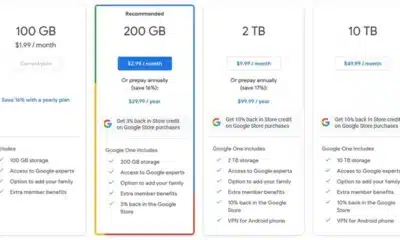
 Tech5 months ago
Tech5 months agoHow Can I Get Google Drive 1TB for Free?
-
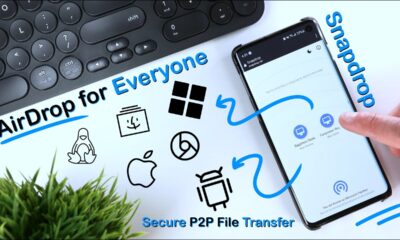
 Phones4 months ago
Phones4 months agoHow Does SnapDrop Work? – Instant File Sharing Made Easy

